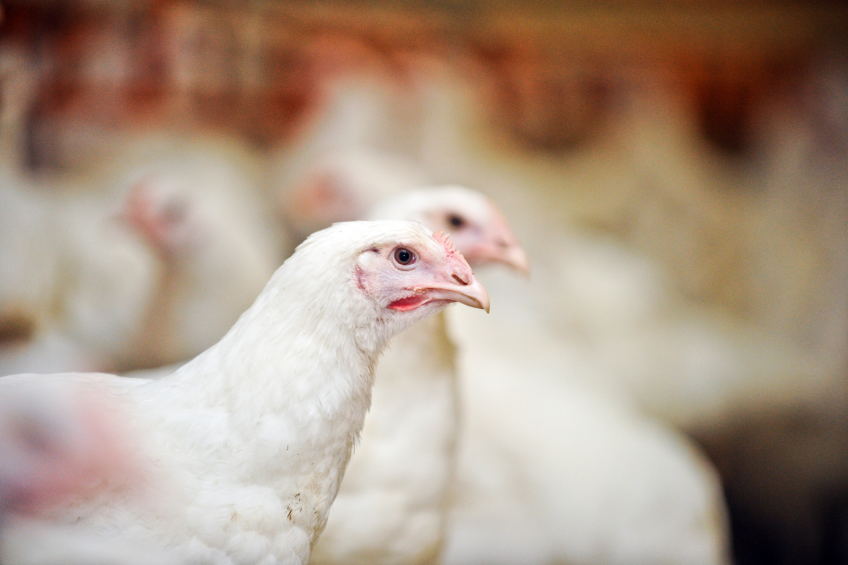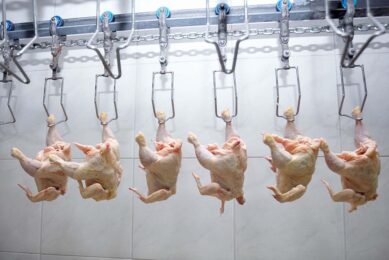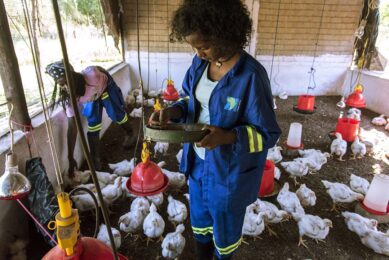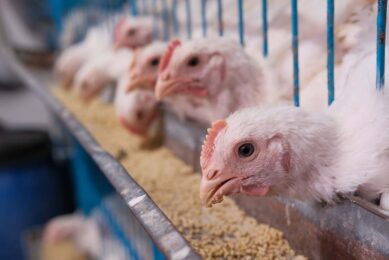UK publishes data on poultry antibiotic usage

The British Poultry Council has published an unprecedented insight into its members’ use of antimicrobials and their ongoing reduction strategies.
Its collected data on use – rather than sales – shows downward pressure across all classes of antimicrobial in the 4 years’ worth of data it has published.
Legislation changes to antibiotic usage
The move is ahead of proposed changes to legislation, which will see all antimicrobial use data recording made uniform across Europe. At present, the UK government’s Veterinary Medicines Directorate publishes only headline drug sales.
In 2011 the BPC began work to record actual use across the poultry sector, including ducks, turkeys and geese, and has data for more than 90% of production. Chicken accounts for 84% of this total.
Reduced number of antimicrobials in UK poultry
The report shows total use of antimicrobials has reduced 44% since 2012. Amoxycilin use was down 46% over the period, while tetracyclines also decreased about 47%. Use of macrolides, a class of antibiotics critical to human health, peaked at 4t in total in 2013, but is down 50% in the latest period.
A spike in antimicrobial use in 2013 was put down to a poor harvest, resulting in poor-quality poultry feed.
Also interesting: Restaurants petitioned to curb antibiotic use
A total of 10 large US and British restaurant groups have been targeted by a campaign of 54 large investors, to curb the use of antibiotics in meat and poultry.
Responsible antibiotic use
The BPC’s Antimicrobial Stewardship Scheme has been a driving force behind this reduction. It agreed a voluntary ban on third- and fourth-generation cephalosporin antibiotics in 2012, committed to reducing the use of fluoroquinalones and this year agreed to no longer use colistin.
The scheme’s chairman, Reg Smith, said: “Our key focus is responsible use of antibiotics and, where possible, a reduction in the use of those antibiotics considered to be of most highly critical importance by the World Health Organisation (WHO).”
Protecting bird health
Daniel Parker, BPC veterinary adviser added: “Responsible use is not simply a reduction in usage. We use antibiotics to protect bird health and we will continue to work with government to explore alternatives. Until effective alternatives become available antibiotics will continue to be important in treating bacterial conditions in both human and animal medicine.”
Poultry accounts for 44% of all meat consumption in the UK, and expanded 5% between 2012-2015.
Join 31,000+ subscribers
Subscribe to our newsletter to stay updated about all the need-to-know content in the poultry sector, three times a week. Beheer
Beheer








 WP Admin
WP Admin  Bewerk bericht
Bewerk bericht